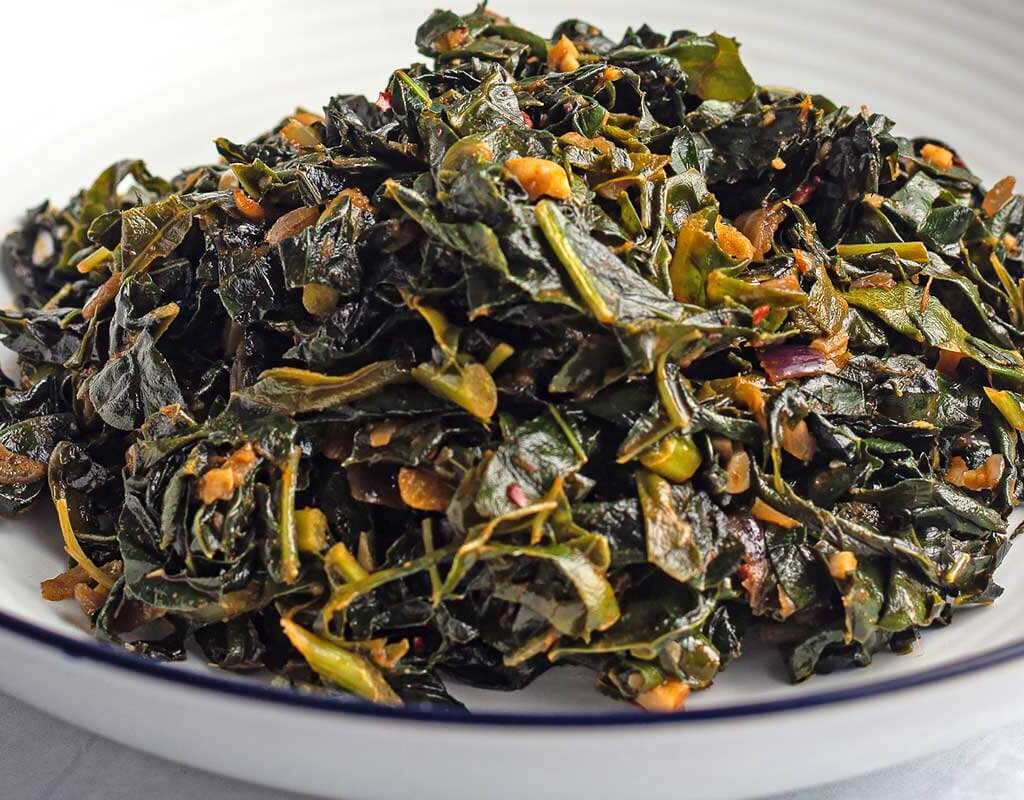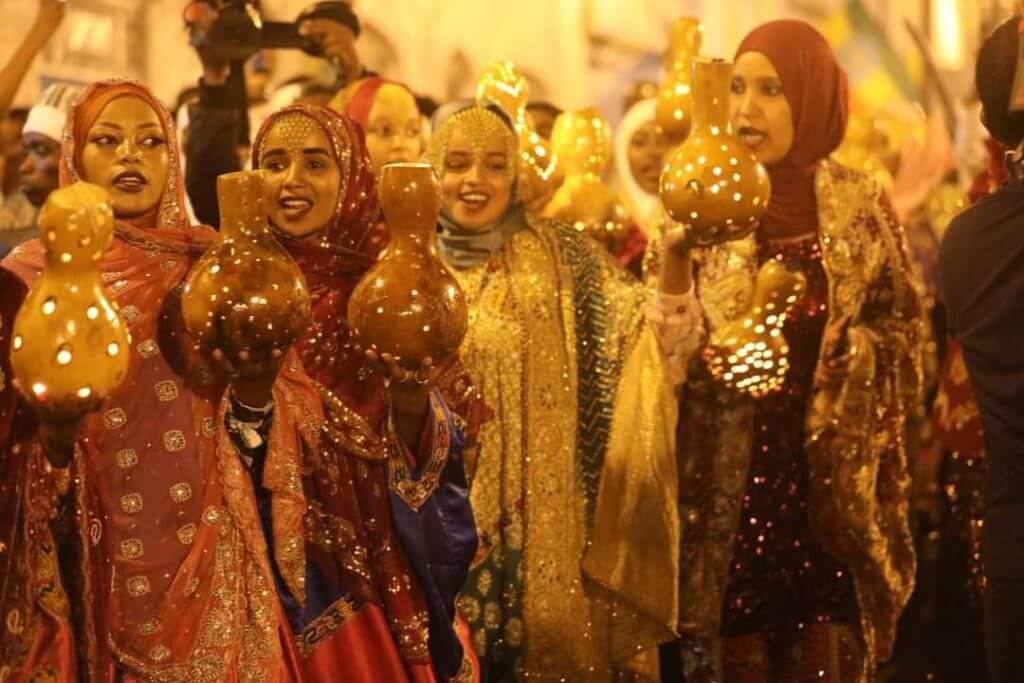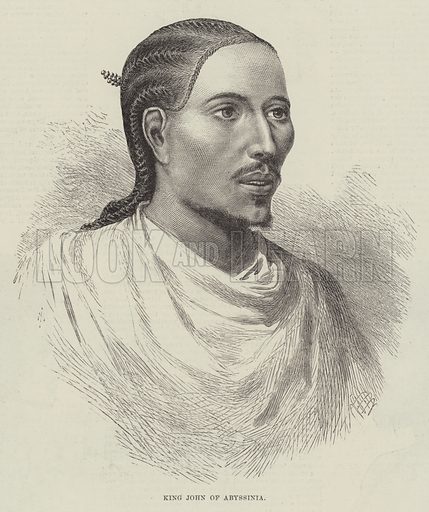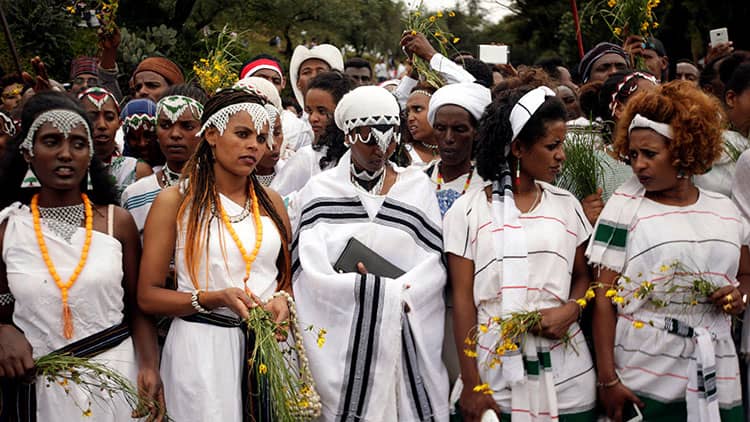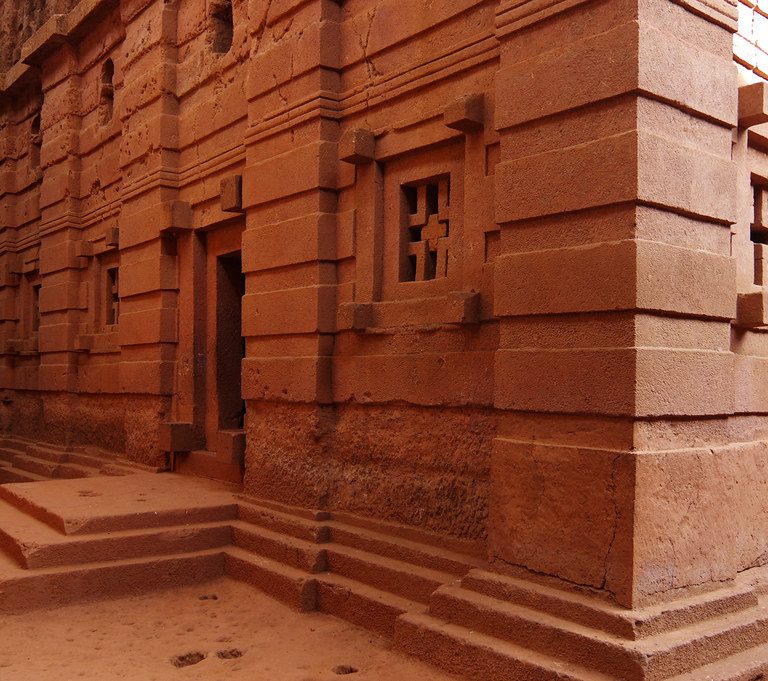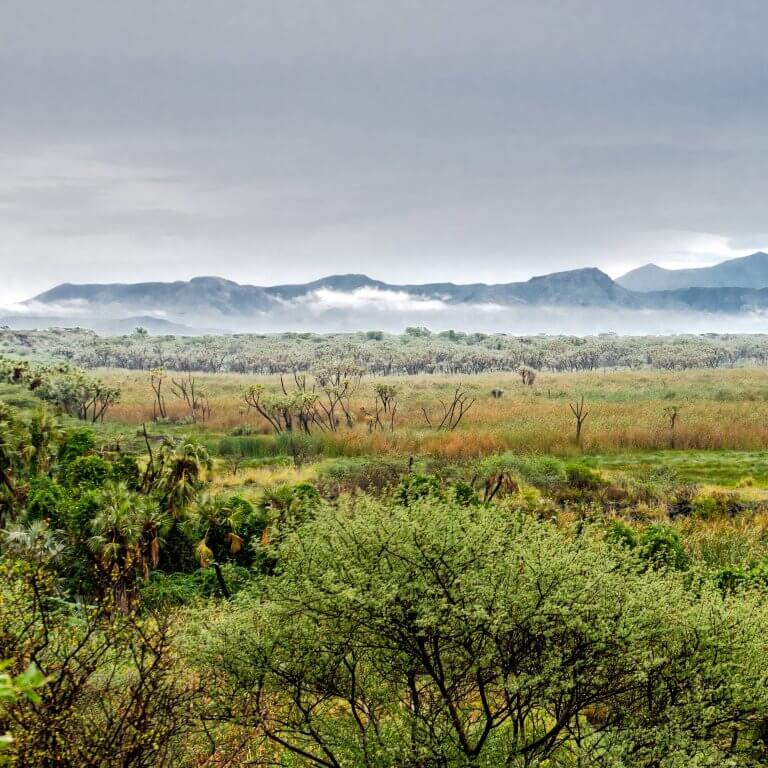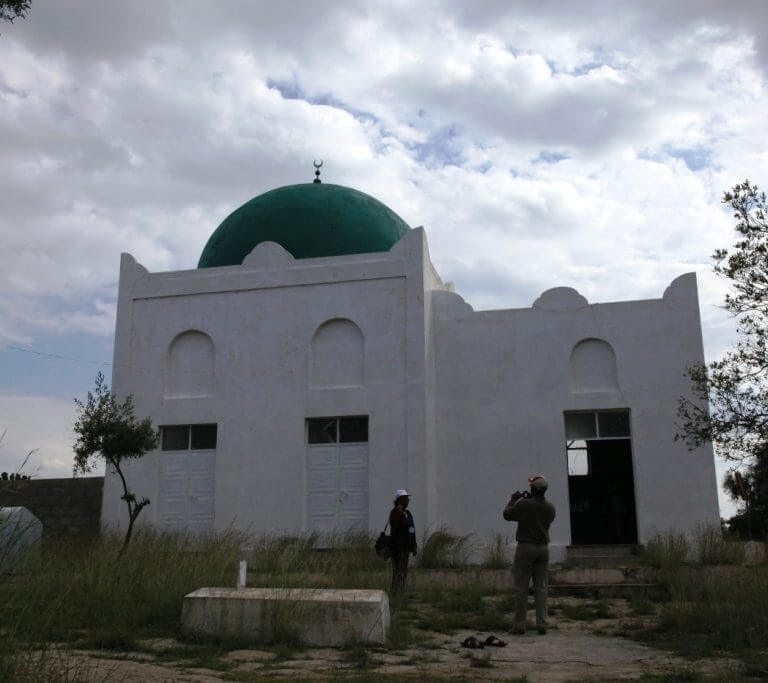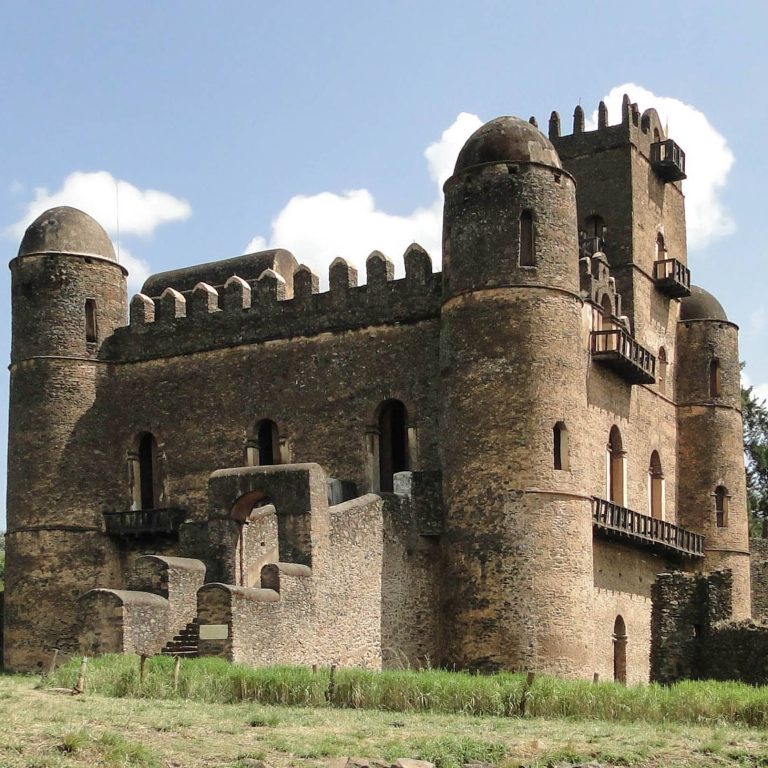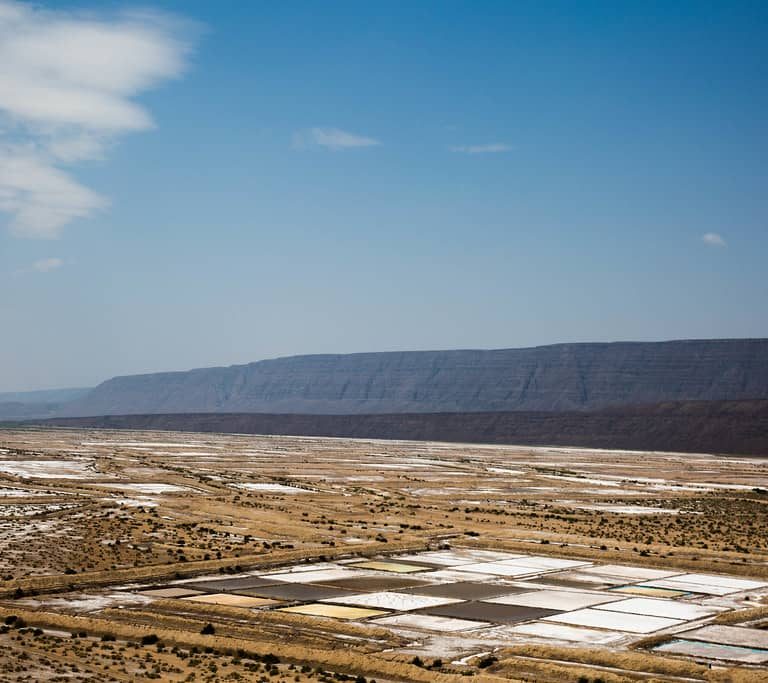Journey Through Ethiopia: Landscapes, Flavors, and Artistry
Welcome to our journey through the breathtaking country of Ethiopia, where landscapes, flavors, and artistry unite to create a truly magical experience. Ethiopia, known as the “Cradle of Mankind,” is a country rich in history, culture, and natural beauty. Discover Ethiopia with us.
Discover the Rich History and Culture Of Ethiopia
LATEST Insights
LATEST Insights
Subscribe to stay up-to-date with Ethiopia
Get the Free monthly newsletter

FAQ
Most frequent questions and answers
Some of the top places to visit in Ethiopia include the churches of Lalibela, the Omo Valley, Aksum, the Simien Mountains, the ancient city of Harar, the Danakil Depression, the Rift Valley lakes, the ancient walled city of Harar, the Bale Mountains National Park, and the ancient city of Gondar.
Yes, Ethiopia is home to several UNESCO World Heritage sites, reflecting its rich cultural and historical significance on a global scale.
Ethiopia, one of the oldest countries in the world, has a history that dates back thousands of years. It is known for its ancient civilizations, unique culture, and significant role in African history.
Key events in Ethiopian history include the rise of ancient civilizations such as the Aksumite Empire, the spread of Christianity in the region, and the various dynasties that have ruled the country over the centuries.
Ethiopia is the headquarters of the African Union and plays a significant role in the organization, contributing to regional stability, security, and political cooperation among African nations.
Key ingredients in Ethiopian cuisine include berbere (spice blend), niter kibbeh (spiced clarified butter), injera (fermented flatbread), teff (ancient grain), and a variety of lentils, vegetables, and meats.
Ethiopian coffee is traditionally prepared through a ceremony known as “bunna”. The green coffee beans are roasted, ground, and brewed in a special clay coffee pot called a “jebena”. The coffee is then served in small cups and enjoyed with family and friends.
In addition to coffee, traditional Ethiopian beverages include tej (honey wine), t’ej (spiced mead), and tella (a type of beer). These beverages are often enjoyed during social gatherings and celebrations.
When dining in Ethiopia, it is customary to wash your hands before and after the meal. Additionally, it is polite to eat with your right hand, as the left hand is considered unclean. Sharing food from a communal platter is a common practice, and it is courteous to only eat from the section nearest to you.




